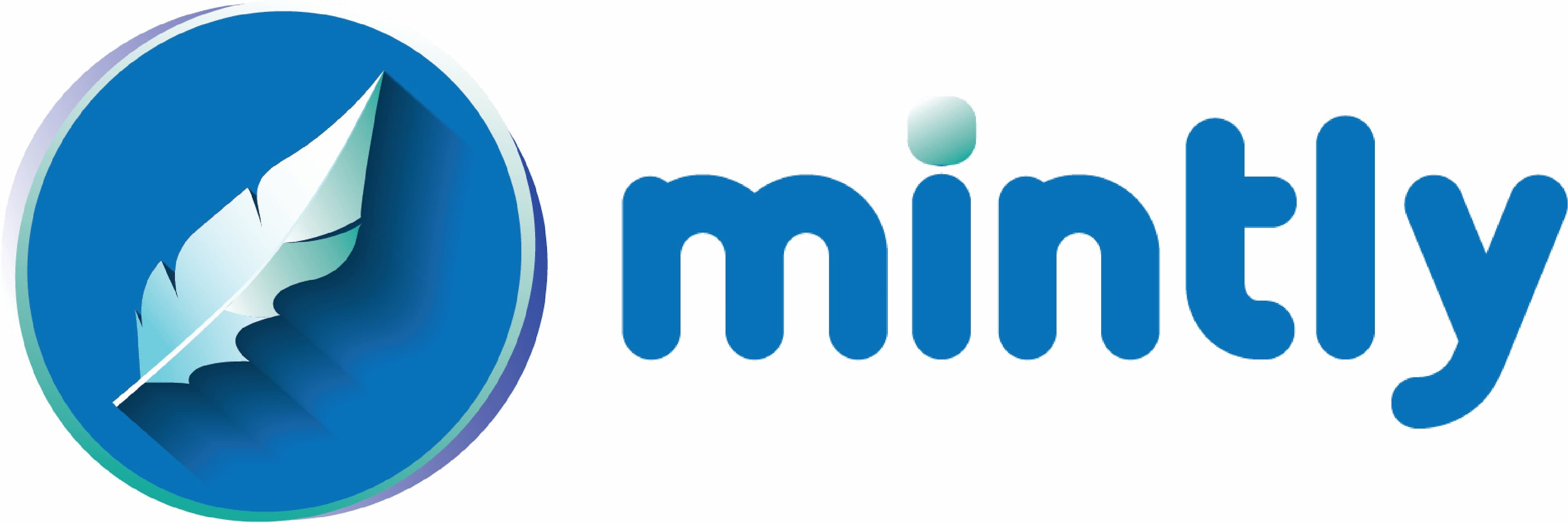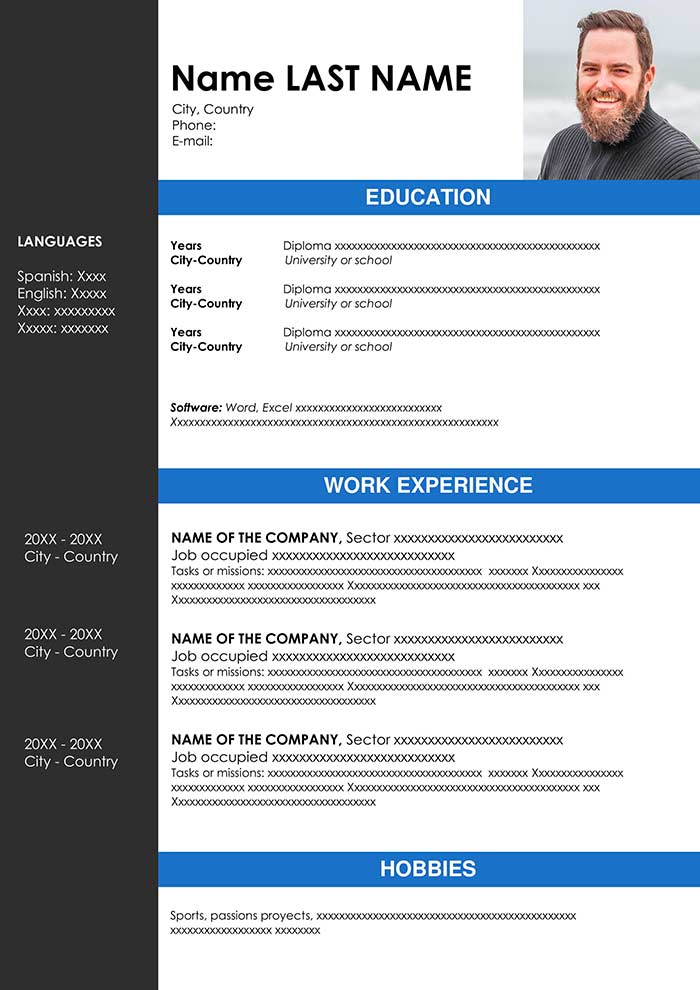Getting a job is tough and landing an interview is tougher. If you know how to write a resume, your job would be easy more than you expect! A professional resume is the key to get noticed by prospective employers and get you one step closer to your dream job.
You spend hours crafting a resume and hoping employers will notice it. But, they don’t. Now, you’re wondering if there’s a way to break out of this cycle.
Get your phone ringing with interview calls! This precise and comprehensive guide tells you how to make the best resume in 2023.
Learn how to write a resume and choose between various resume formats for jobs.
What is a resume?
A resume is a summary of your educational, personal and professional experiences. This also includes a list of your achievements.
Typically, resumes are kept brief and crisp unlike Curriculum Vitae (CV). Although both are used for job applications, they cater to different kinds of professionals.
In some countries like Africa, New Zealand, India, etc. the term resume and CV are used inter-changeably. So, look into the type of position you’re applying to. CVs are used to apply for academic and research positions. They include a detailed list of all your academic, professional and personal experiences.
CVs also have separate columns that list your interests and strengths. As a result, CVs are long and run for more than two pages. A resume, on the other hand, includes information on skills and other specific information that are relevant to the job you’re applying.
All the information on a resume must be condensed within a single page. But, if you’re a professional with experience, resumes can be up to 3 pages long.
What is the Best Resume Format for jobs?
Cluttered and messy resumes leave a bad impression on prospective employers.
So, it is important to create a professional and impressive resume is to make sure that it’s organized.
Most resumes follow the reverse chronological format and start by listing out your most recent experience first.
Irrespective of the format, your resume must contain the following things
- Contact Information
- Job Summary/career Objective
- Work Experience
- Education
- Skills
- Achievements
Contact Information
This is the most obvious and easy part of writing a resume. But, have you
- Included your latest address, e-mail and phone number? Giving your employer the wrong details, even if it was unintentional, is the last thing you want to do.
- Made sure that your e-mail address looks professional enough? or does it resemble sweetpeach333@gmail.com? If you answered yes to this question you must create a professional e-mail id for yourself. For example, alia@gmail.com
- Included links to online portfolios in your resume? This is especially useful for coders, writers and graphic designers. Online Portfolios can be blogs, social accounts, etc. that are relevant to the job you’re applying for.
Job Summary/Objective
A resume objective is an introductory statement written on the top of the resume. Its sole purpose is to give prospective employers an idea of your aims, passion and experience. You can customize it for different companies in order to showcase your desire to work for them.
Job summaries are brief descriptions that are also written at the top of your resume. Unlike objectives, summaries give prospective employers an idea of what you’ve achieved in your previous organization.
Should you include a job summary or an objective to impress employers?
This question has puzzled almost everybody who wants to learn how to prepare a resume.
Here’s the answer
Writing an objective for a resume is becoming outdated. Employers prefer summaries because it gives them an idea of what you can contribute to their organization.
However, you should use a job objective for your resume if you’re a fresher or switching to a new career.
Here are a few points to remember while writing a job summary/objective for a resume
- Keep the statement brief. For creating an effective resume, make sure that your objective/summary doesn’t exceed 50 words.
- Include only relevant statements. Don’t include repeated information. Include keywords from your job description here, if you can.
- Use numbers if applicable. This is used to grab the attention of the prospective employer. If you’ve worked for 5 years, include it. If your campaigns have boosted sales by 76%, include it. Again, don’t forget to keep it relevant.
Work Experience
Work experience is an essential part of any resume. It offers potential employers a tangible and verifiable indication of your knowledge, skill set, and expertise. Whether you are seeking your first job or looking to advance in your current career, it is important to highlight work experience on your resume so that employers can quickly assess what makes you the ideal candidate for the job.
Work experience should be detailed and accurately reflect accomplishments achieved during each position held. Make sure to include information such as job titles, dates worked, primary responsibilities, and the name of the companies where you were employed. If possible provide evidence of noteworthy accomplishments from past jobs, such as sales numbers or awards received. Having this information readily available will make it easier for employers to evaluate if you have the necessary qualifications for the job being applied for.
Here are a few things to remember when you’re listing out work experiences for a professional resume.
- List relevant work experience in reverse chronological format.
- Avoid leaving gaps in employment. In a bid to make things relevant, don’t leave gaps in employment. If you’ve worked in a job that doesn’t seem relevant to the job you’re applying to, include it anyway.
- Include keywords that your recruiter would like to see.
Education
If you’re an experienced professional, keep this section as brief as possible and highlight relevant work experience instead.
But, if you’re just out of college, list out relevant courses that you’ve taken, under a separate sub-section.
Skills
- Include relevant hard and soft skills. Avoid including skills that are not a part of the job description.
- Don’t lie about your skills. List only those skills that you have. Giving your employer a bad impression is something you don’t want to do.
Achievements
When you’re writing about your achievements, include statistics wherever you can.
For ex, selected as the “Best Employee of the Year 2018” from a pool of 100 employees sounds more lucrative than
“Awarded Best Employee of the Year 2018”.
As mentioned before, you can include relevant courses, conferences, etc. in a separate section. You can also include Hobbies in your resume. If the hobbies can make a big difference in your candidature, you can!
Tips to create a professional resume
- DON’T use the same resume for multiple jobs. Yes, it’s tempting but you should avoid doing this unless the jobs you’re applying for have nearly identical job descriptions.
- Make your resume concise and impactful. Condense everything into a page. Be selective in what you include on your resume.
- List out what you’ve achieved. Nothing persuades an employer more than your accomplishments. Focus less on the responsibilities section.
- Proofread and edit your resume. A good resume is devoid of typos and has a good word-structure.
- Give your resume a professional name. ex. Resume_Sarah_XYZ_Corp.
Grammatical Mistakes Checklist
This will make sure your resume is error-free and consistent.
- Use the correct tense. Present tense should be used to describe a present role while your previous roles should be described using past tense.
- Use Action Verbs. Your Professional resume should include a list of action words like coordinated, programmed, formulated, launched, reduced etc. to convey action.
- AVOID personal pronouns. I, we, etc. are examples of personal pronouns.
Tailoring to the Job Description
Tailoring to the jobs description is an important part of the job search process. Knowing how to customize your resume and cover letter according to the job description can be a huge asset in finding your ideal job. A well-crafted resume and cover letter will demonstrate that you are familiar with the company, its demands, and the position itself.
By taking extra care when researching each listing and applying only for jobs that closely match your skillset, interests, or qualifications, you stand a better chance at getting noticed by employers. Try to include keywords from the job description as much as possible when writing your resume so it stands out from other applicants who have not taken this extra step.
Additionally, take time to explain why you believe your unique experience makes you a great candidate for the role. It is important to have multiple versions of resume that can fit the Jobs you apply.
Final Thoughts
- The best resume format is the one in which information is presented in an organized manner.
- Include relevant keywords in your resume. These keywords can be found in the job description section of the job you’re applying to.
- Keep resume objective/summary brief.
- Avoid leaving gaps in employment.
- Try to include only those skills that are in the job description.
- Focus more on the Achievements section.
- Proofread and edit your resume.
These professional resume tips should help impress your prospective employers.






